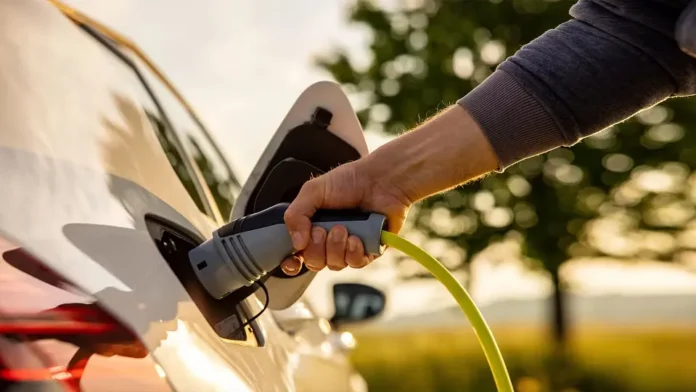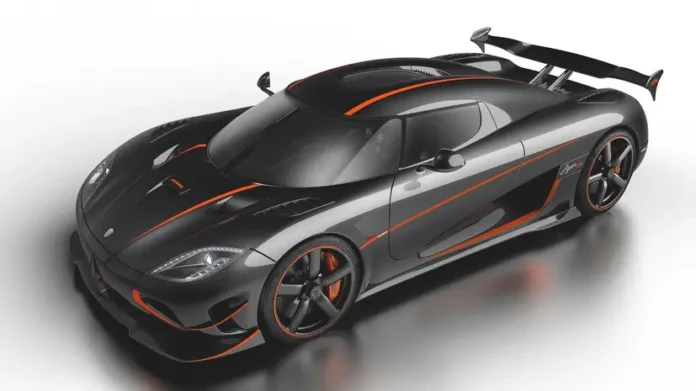Introduction to Hybrid Car Conversions
EV conversions have surged in popularity over the past decade, reflecting an increasing interest in eco-friendly transportation. However, the question remains for many vehicle owners: can you convert a car to a hybrid instead of opting for a fully electric conversion? This blog post aims to explore the possibilities and considerations involved in hybridizing a traditional petrol-powered car.

Understanding Hybrid Conversion
Hybrid conversions typically involve integrating an electric motor and battery pack into an existing petrol-powered vehicle. The result is a vehicle that can switch between electric power, petrol power, or use a combination of both. This allows for improved fuel efficiency and reduced emissions without completely forsaking the petrol engine. Various kits and services are available to help with this conversion, but it’s essential to understand the technical requirements and costs involved.
Technical Considerations and Costs
Converting a car to a hybrid is a complex and potentially costly endeavor. Key considerations include compatibility of your vehicle with hybrid technology, the space needed for additional components, and the overall weight of the added equipment. Typically, the conversion process includes installing an electric motor, a battery pack, and a control system to manage the interaction between the petrol engine and the electric components. While hybrid conversion kits can range from a few thousand to several tens of thousands of dollars, labor costs can also add significantly to the overall expense.
Benefits and Downsides of Hybrid Conversions
One of the main benefits of converting a car to a hybrid is the potential for improved fuel economy, as well as the reduction in greenhouse gas emissions. Additionally, owners get to retain the existing engine, which could be appealing for those not ready to fully transition to electric vehicles. However, the downsides include the initial cost, potential maintenance complexities, and the possibility that some vehicles may not be suitable for conversion. It is advisable to conduct thorough research and possibly consult with specialists to assess the feasibility.




